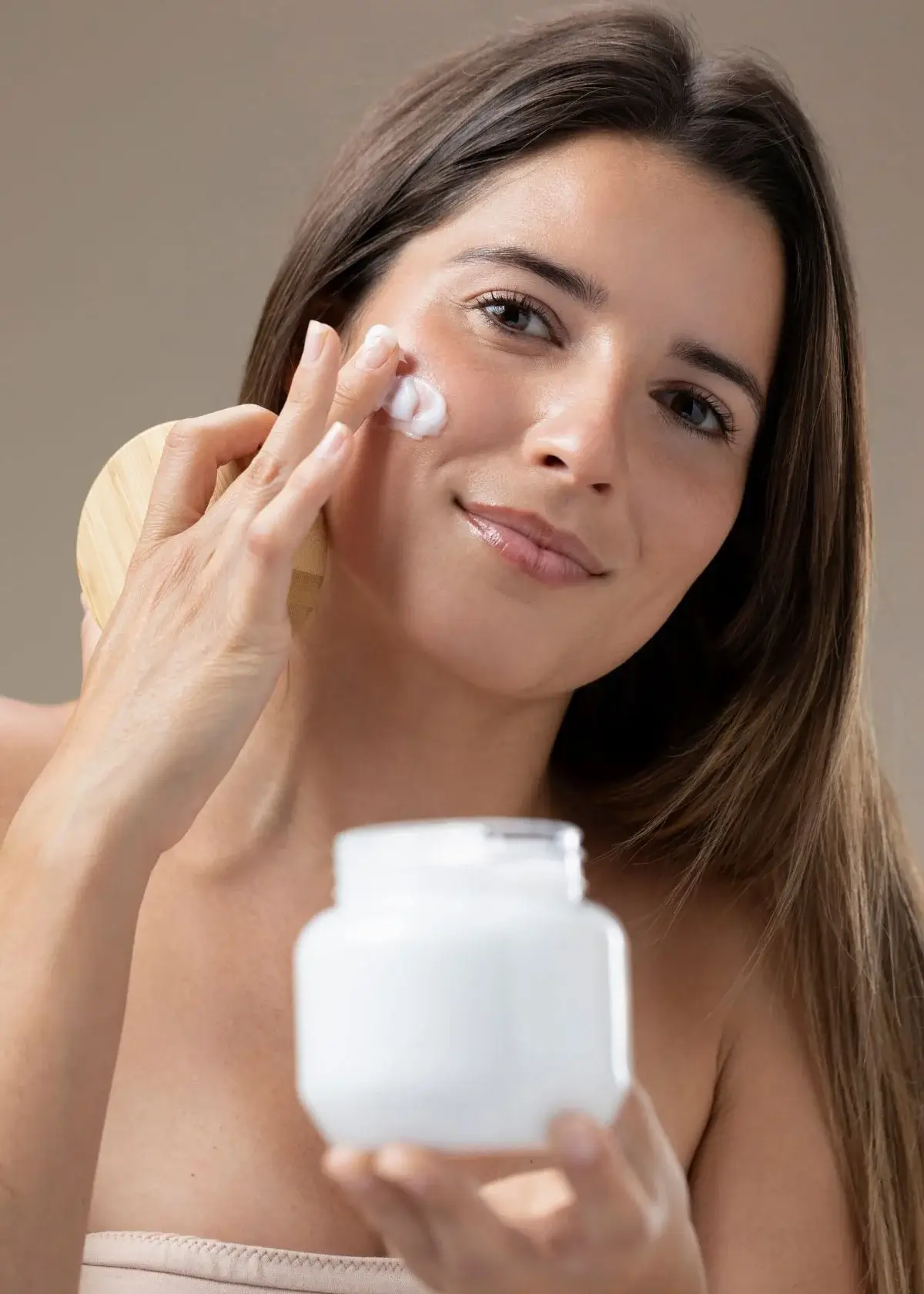Acne-prone skin is troublesome, and we often avoid using a face scrub that could potentially worsen the situation. But did you know using a face scrub correctly can do wonders for your acne-prone skin? An excellent exfoliating scrub can help unclog pores, remove excess oil, and slough away dead skin cells, leaving you with a brighter, smoother complexion. So, let's dive in and learn how to use a face scrub for acne-prone skin!
Choose the Right Scrub:
The first step to using a face scrub for acne-prone skin is to choose the right one. Look for an exfoliating scrub with gentle, natural ingredients such as sugar or salt granules, and avoid scrubs that contain harsh chemicals, which will only aggravate your skin further. Besides, opt for a hypoallergenic and fragrance-free scrub if you have sensitive skin.
Be Gentle:
When applying a face scrub, it's crucial to be gentle with your skin. Massage the scrub gently and circularly with your fingertips, avoiding the eye area and any active breakouts. Over-scrubbing can lead to irritation, which can make your acne-prone skin worse. Remember, a scrub is meant to aid your skincare routine, not leave your skin red and inflamed.
Frequency of Use:
How often you should use a face scrub depends on your skin type and sensitivity. Generally, twice a week is recommended if you have oily or combination skin. However, if you have susceptible skin or cystic acne, you should limit the frequency to once a week or even every other week.
Post-scrub Care:
After using a face scrub, follow up with a gentle cleanser to remove any remaining scrub remnants, and then finish off with a lightweight moisturizer. This will help lock in moisture and soothe your skin. It's essential to avoid using any products or treatments that may contain harsh chemicals or fragrances that can irritate your skin.
Holistic Approach:
Caring for your skin goes beyond just using a face scrub. Be sure to incorporate a holistic approach to skincare with a balanced diet, hydration, and exercise. Healthy lifestyle habits can help keep acne at bay and improve skin health.
Using a face scrub can be vital to your acne-prone skincare routine. The key is to choose the right product, apply it gently, and use it in moderation. With these tips, you can reap the benefits of a face scrub without worsening your acne-prone skin. Want to go the extra mile? Take care of your skin from the inside out with a healthy lifestyle, and you're sure to see a noticeable difference in your skin's health and appearance.
Everyone deserves to pamper their skin with the best of the best. After diligently researching and pouring over countless reviews and ratings, you have finally found the best face scrub to leave your skin feeling fresh, plump, and radiant. Now, the next step is actually to get your hands on it! Look no further than the link provided, and go ahead and order that little miracle worker right to your doorstep. Trust us, your skin will thank you. Say goodbye to dull, lackluster skin and hello to a brighter, smoother, and all-around happier complexion. Your new favorite best face scrub awaits!
What is the recommended frequency for using a face scrub?
To maintain a healthy and radiant complexion, using a face scrub 2-3 times a week is generally advisable. However, this frequency is not set in stone and should be adjusted to suit your skin type and needs. Over-exfoliation can lead to adverse effects such as dryness, redness, and increased sensitivity. It's crucial to listen to your skin and modify your usage accordingly, particularly if you notice any irritation or discomfort. Remember, the key is prioritizing gentleness over frequency to achieve the best results without compromising your skin's well-being.

What are the potential side effects of using a face scrub?
While face scrubs are valuable for exfoliating dead skin cells and impurities, improper or excessive use can result in several side effects. These may include redness, irritation, and, in more severe cases, micro-tears on the skin's surface. Over-exfoliation can also lead to over-drying, which might exacerbate existing skin conditions, such as acne or eczema. To avoid these adverse effects, it's vital to select a face scrub that suits your skin type and adhere to the recommended usage instructions diligently. Always prioritize the gentle, circular motions when applying a scrub to minimize the risk of irritation.

What is the best time to use a face scrub in my skincare routine?
The ideal time to incorporate a face scrub into your skincare routine is your evening regimen. This timing is particularly effective as it allows you to remove the daily accumulation of impurities, dead skin cells, and excess oil. By exfoliating in the evening, you prepare your skin to absorb better the beneficial ingredients of your nighttime serums and moisturizers. After using the scrub, follow up with a suitable moisturizer to replenish lost moisture and fortify your skin's protective barrier, ensuring you wake up with a refreshed and rejuvenated complexion.

How do I properly clean and store my face scrub applicator?
Maintaining the cleanliness and hygiene of your face scrub applicator is crucial to ensure its effectiveness and prevent bacterial contamination. After each use, rinse the applicator thoroughly with warm water to remove any product residue. Allow it to air dry completely, as moisture can become a breeding ground for bacteria. It's essential to store your applicator in a cool, dry place, away from direct sunlight, as excessive heat or light exposure can degrade the quality of the bristles or the material over time. Regularly inspect your applicator for signs of wear or damage and replace it when needed to maintain optimal results.

How can I use a face scrub in combination with other skincare products?
Incorporating a face scrub effectively into your skincare routine involves proper sequencing. It is generally recommended to use a face scrub after cleansing and before applying serums or moisturizers. This order allows the scrub to remove dead skin cells, ensuring that the subsequent products can penetrate the skin more effectively. However, ensuring that the face scrub you choose is compatible with the other skincare products in your routine is essential. Some ingredients may interact negatively, leading to skin irritation.
Should I use a face scrub if I have skin conditions like eczema?
You use a face scrub when skin conditions like eczema require caution and consultation with a dermatologist. Eczema-prone skin is characterized by heightened sensitivity and a compromised skin barrier, making it more susceptible to irritation. Before incorporating a face scrub into your routine, it's essential to seek professional advice to determine if it's suitable for your specific condition. A dermatologist can recommend a gentle exfoliation method or alternative products that are less likely to exacerbate your eczema. Remember that the well-being of your skin should always take precedence over exfoliation, and professional guidance is invaluable in ensuring that you make choices that support your skin health.







